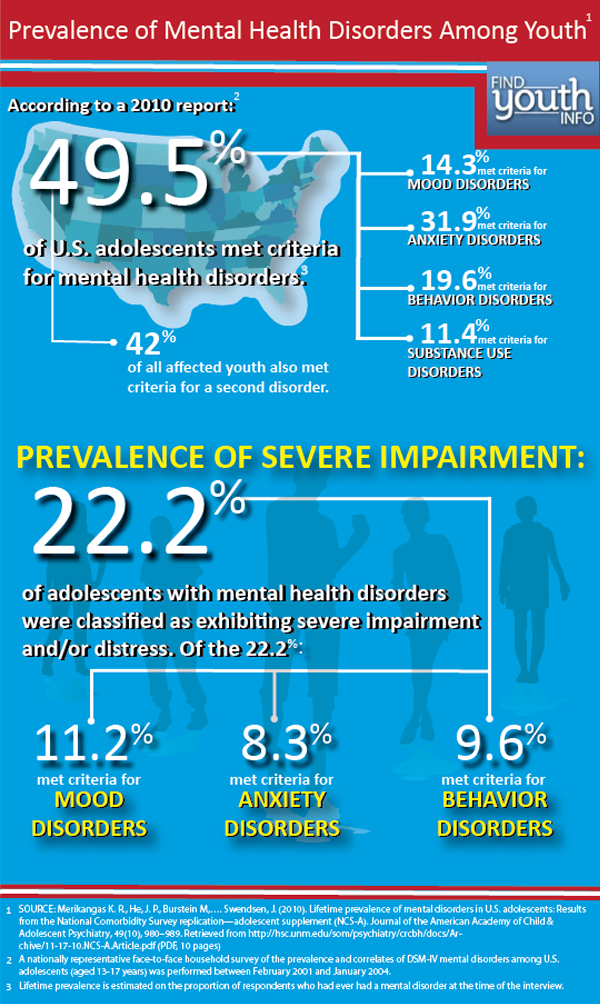An Overlooked Opportunity for Student Stability
Tessa Bowman

In a seemingly relentless fast-paced and stressful world, needing a break shouldn’t be something out of the ordinary, yet taking a step back is something frowned upon. With the more recent open conversation surrounding mental health, addressing treatment and coping for these problems still holds stigma because it’s harder for others to believe what they cannot see. In an increasingly competitive world, teenagers seem to be caught in the cross-hairs of accepting and continuing to be dismissive of the importance of taking a break for mental health.
Mental health issues are nowhere near a new topic, but the acceptance of them has only recently grown. In today’s society, teens face much more pressure to succeed in comparison to those in the past. Through the introduction of more rigorous classes, especially Advanced Placement courses, not only has workload increased, but competition within schools seems to have grown as well. Students who choose to aim for higher education feel the need to cram all the hardest classes into their schedules, pushing themselves close to a breaking point in order to appear the most attractive to potential colleges. Teens, unsurprisingly, are overwhelmed and burnt out — but they shouldn’t have to wait for a mental break down to seek help.
Stress has been proven to be dangerous and unregulated chronic stress can even be deadly. Stress, which is normally waved off as a mere psychological commonality, not only causes mental disorders like anxiety, depression, and schizophrenia, but can also increase risk for physical implications like diabetes, ulcers, high blood pressure, and heart diseases. Recent studies have even found a link between stress and cancer, according National Center for Biotechnological Information.
On top of this pressure and mental stress, adolescence is the prime time for the appearance and development of mental illness, as a total of one in five adolescents aged 13 to 18 have a mental health disorder, according to the National Institute of Mental Health. During adolescence, the brain is vulnerable because it experiences major developmental changes as the front part of the brain,the prefrontal cortex, matures. The significant changes the brain undergoes during adolescence may explain the reason why this is the time when mental health disorders such as anxiety, depression, bipolar disorder, schizophrenia, and eating disorders emerge.
Because teen’s brains are open to constant adaptation, learning and re-shaping in accordance to experience, a healthy treatment and coping of mental health needs to be reinforced now. If proper techniques like taking a mental health day are accepted and ingrained during this crucial time of development, then the detrimental effects of stress and mismanagement of mental health may be prevented.
However for students, admitting they need a break can be difficult. Comparing themselves to peers and people in their surroundings, overworked and overwhelmed teens may be reluctant to even ask for a mental health day because no one else really does. Time may be taken off from school for physical illnesses with no issue, many see a mental health day as just an excuse to play hookey. This looming fear of scrutiny from others and guilt from taking time off serves as a huge barrier between students and a healthy, functioning mind. For some students, mental health issues may even be minimized, because there’s really no good time for a break from school — after a lesson is learned, it’s onto the next topic — there’s no room for pause.
Parents allowing kids to take a day off from school isn’t coddling or treating kids like delicate objects. Everyone feels the need to take a break every once and awhile, not just high school students; sometimes just being able to press the pause button to take a breath can be really helpful. A mental health day is not some magical fix that will instantly dissolve any and all mental-health issues, but taking this time may serve as the beginning to making mental health a priority.
Knowing when a break is in order should be praised and encouraged, not dismissed or overlooked as an excuse for laziness or incompetence. Life, school, and work can be overwhelming, but it shouldn’t get to the point of being chaotic or unbearable. Awareness of one’s limits and knowing when to step back and regroup, is a beneficial skill to learn early on to avoid irreversible damage to one’s body and mind.


